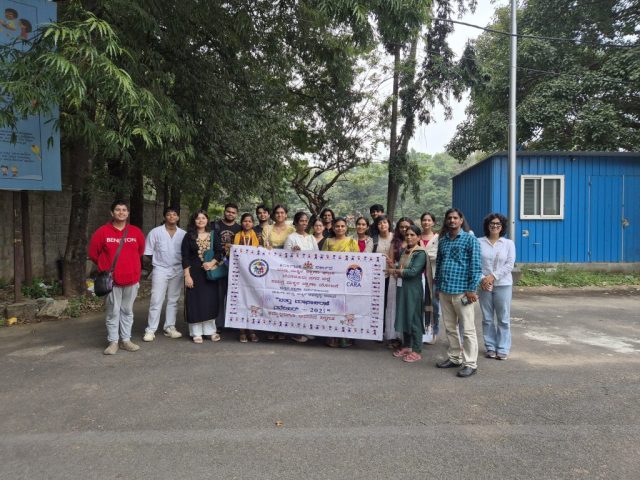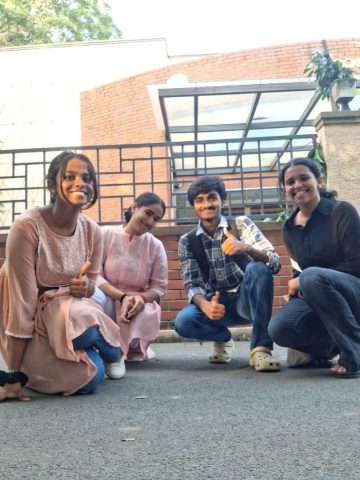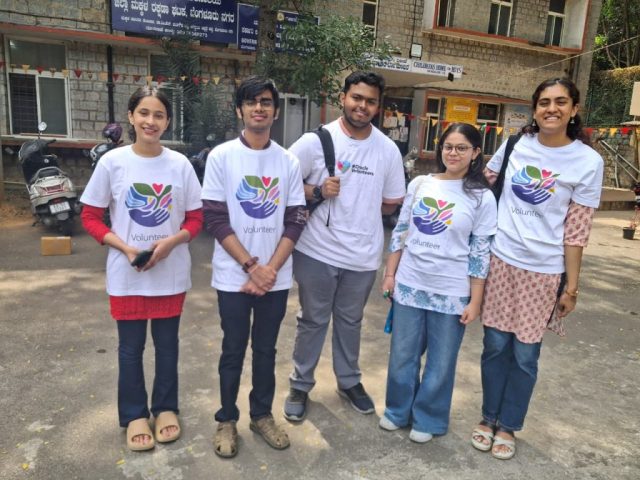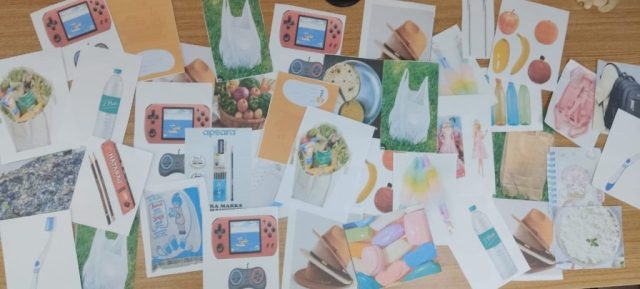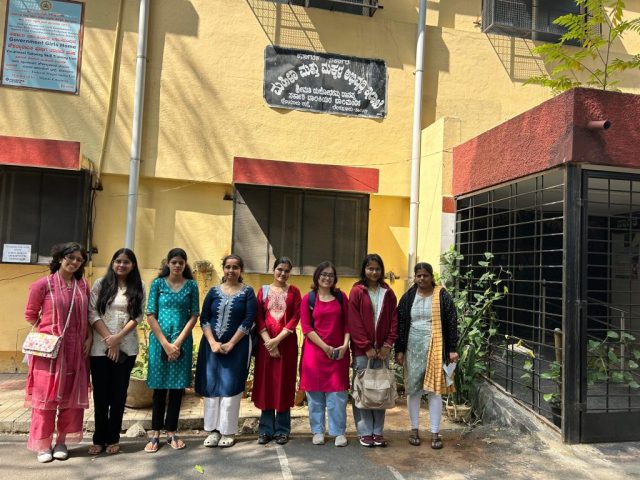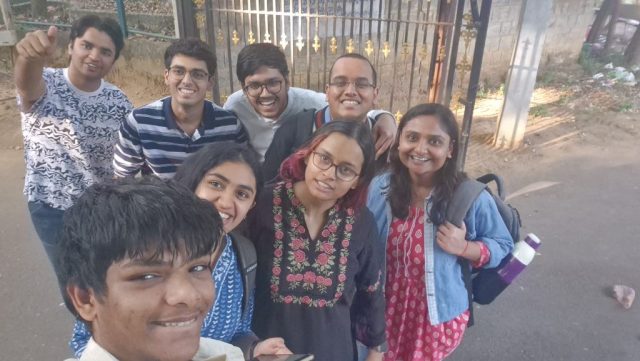The National Law School of India University, Bengaluru, invites entries for the 29ᵗʰ Annual H.M. Seervai Essay Competition in Constitutional Law. Participants in this pan-India essay competition stand a chance to win the prestigious H.M. Seervai Gold Medal from NLSIU. The winning essay will be published in the National Law School Journal.
About the competition
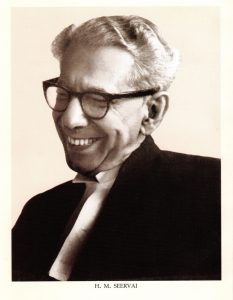
In 1997, Senior Advocate Navroz Seervai instituted a Gold Medal in the name of the distinguished jurist, the late H.M. Seervai, for the best original essay written on the themes specified in Indian Constitutional Law. Over the years, this essay writing competition has become a prestigious event for law students all over India. The significant rise every year in the number of contributions from the student community shows their mark of respect and tribute to one of the greatest legal luminaries of our country, Hormasji Maneckji Seervai.
The last gold medal was awarded to Niharika Mukherjee, National Law School of India University, for her essay on ‘The Right to Contest Elections and Internal-Party Democracy: A Constitutional Proposal.’ Read the winning essay here.
Essay topic
‘A Decade in the Making of the GST (Goods and Services Tax): Gateway to a Single National Market or a Challenge to Federalism?’
Eligibility
Students currently enrolled in an LLB/ BA LLB/ BBA LLB/ BCom LLB regular mode programme in any recognised Law School/College/University in India may make a submission.
Submission guidelines
- Each entry should be an original, unpublished, single-authored essay in English.
- Every essay must clear anti-plagiarism checks & be supported by a bonafide certificate, duly signed by the Registrar/Vice-Chancellor or other Appropriate Authority.
- Entries should be formatted in Times New Roman, size 12 font, double-spaced on an A4 sheet, & carefully referenced using the OSCOLA citation style.
- Word limit: 7,000-10,000 words (inclusive of footnotes).
- Submission Deadline: May 30, 2026
- Submit your essay here
For any queries, please write to
Frequently Asked Questions (FAQs)
We ask for a bona fide certificate as proof of your enrolment in a college/university. It can be a digitally signed document too. But in case you are unable to procure it, you may submit your college ID card as proof.
Unfortunately, no. Only undergraduate students, either foreign or Indian, currently enrolled in a recognised law school/college/university in India for an LLB or BA LLB or BBA LLB or BCom LLB regular mode programme can participate. Indian or foreign students enrolled in universities outside of India are not eligible.
No. At the time of submission, students must be enrolled in LLB or BA LLB or BBA LLB or BCom LLB regular mode programme in any recognised law school/college/university in India.
You are eligible to participate if you can provide a bona fide certificate from your institution as proof of enrolment.
The competition is only for undergraduate students.
As long as you are still enrolled in your college at the time of submission, you are eligible to participate.
We are unable to provide individual acknowledgments for submissions.
The essay can be submitted either in MS Word or PDF format. Please also remember to mention the total word count in your submission.
The use of speaking footnotes is permitted, though we encourage you to keep them to a minimum.
Co-authored essays will not be accepted. A submission must have a single author to be considered for the competition.
The essay competition requires individual submissions. Entries cannot be submitted on behalf of the college.
No, there is no registration fee.
OSCOLA, the recommended citation style guide for the essay contest, follows only a footnote citation system.
The double spacing is only for the main text. Footnotes can be single-spaced.
There are no specific guidelines for formatting headings. However, if your essay contains multiple levels of headings, we recommend numbering them clearly, for example, 1 for section heading, 1.1 for sub-section heading, and so on. But, please add a title for the essay.
There is no explicit requirement for an abstract. However, since abstracts can make long essays easier to navigate, you may consider including a summary of 150 words maximum. Please note that the abstract will not be counted towards your total word count.
The results of the competition are generally announced during the month of August/September on the NLSIU website. Only the winning candidate will receive communication over email.
Only one winning essay will be selected, which will be awarded the gold medal. We don’t provide participation certificates.
We will reach out to the winning candidate detailing all the processes.
Not required. We will conduct our own plagiarism checks.
All essays apart from the winning essay may be published elsewhere after the results are announced.

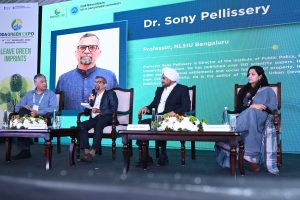 Professor Sony’s intervention was focussed on how development doctrine evolved from conceptualising cities as vehicles of growth to cities as spaces to realise justice. The latter focus is what is called New Urbanism. In other words, New Urbanism recognises the failures of traditional city-focussed growth models. Urban Planning as a profession has to prioritise whether the exercise is to build cities for growth or to build cities of spatial justice. Traditionally, planning as an instrument borrowed colonial models and focused on making aesthetic cities (to attract capital), to make cities look modern (contrasted to traditional countryside), and functional differentiation (as business areas, residential areas and industrial locations) within city. These three functions primarily served the interests of markets. Within intensified markets exchanges through globalisation, cities across the world began to look alike. This led to loss of ecological character of cities. Ecological crisis is an invitation to restore the ecological character of cities.
Professor Sony’s intervention was focussed on how development doctrine evolved from conceptualising cities as vehicles of growth to cities as spaces to realise justice. The latter focus is what is called New Urbanism. In other words, New Urbanism recognises the failures of traditional city-focussed growth models. Urban Planning as a profession has to prioritise whether the exercise is to build cities for growth or to build cities of spatial justice. Traditionally, planning as an instrument borrowed colonial models and focused on making aesthetic cities (to attract capital), to make cities look modern (contrasted to traditional countryside), and functional differentiation (as business areas, residential areas and industrial locations) within city. These three functions primarily served the interests of markets. Within intensified markets exchanges through globalisation, cities across the world began to look alike. This led to loss of ecological character of cities. Ecological crisis is an invitation to restore the ecological character of cities.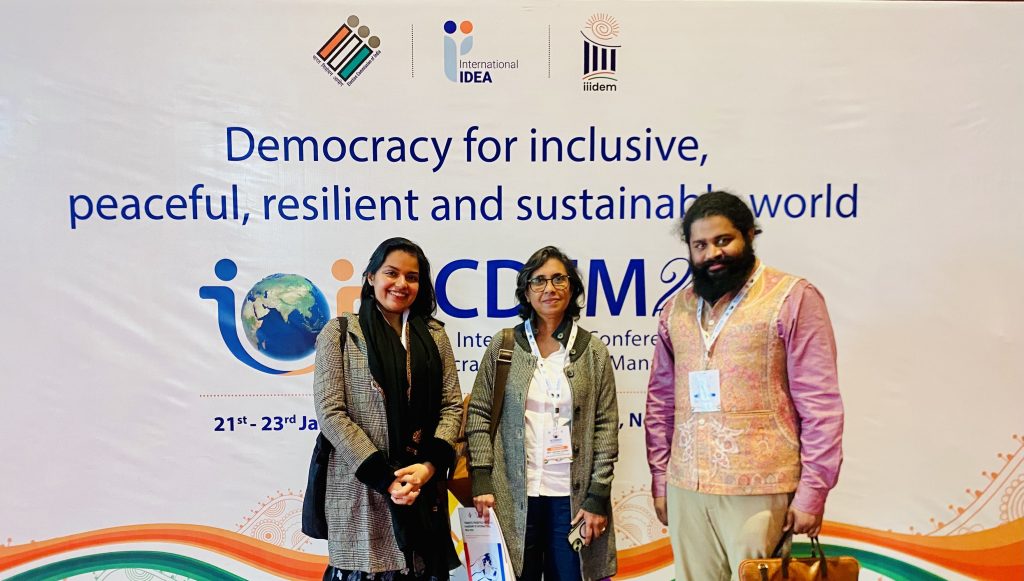 The Election Commission of India (ECI) invited the National Law School of India University, Bengaluru, to participate in the
The Election Commission of India (ECI) invited the National Law School of India University, Bengaluru, to participate in the 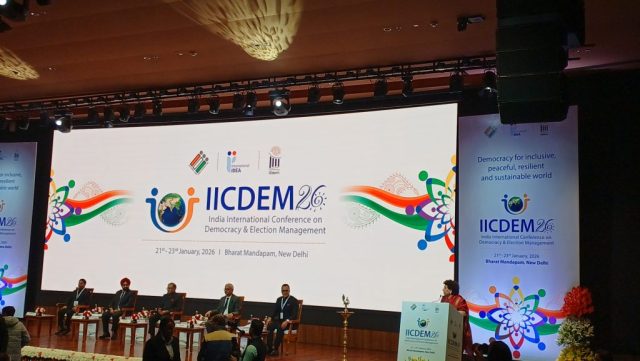
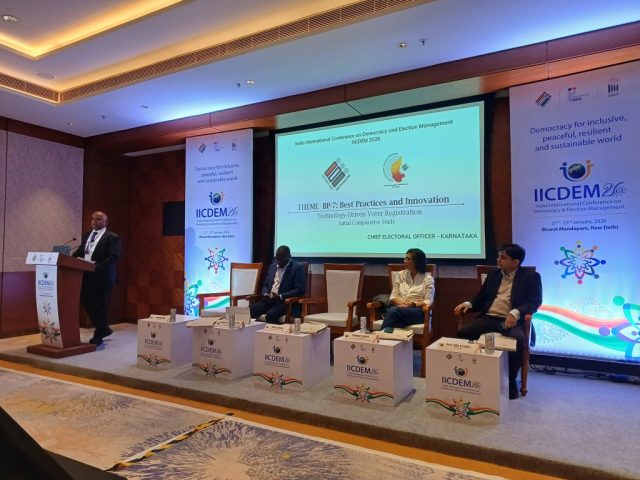
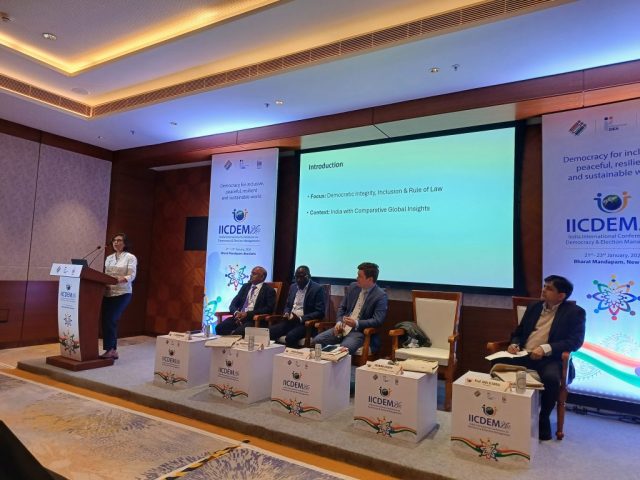
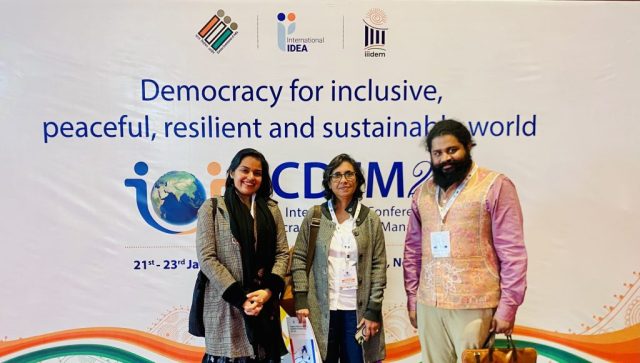
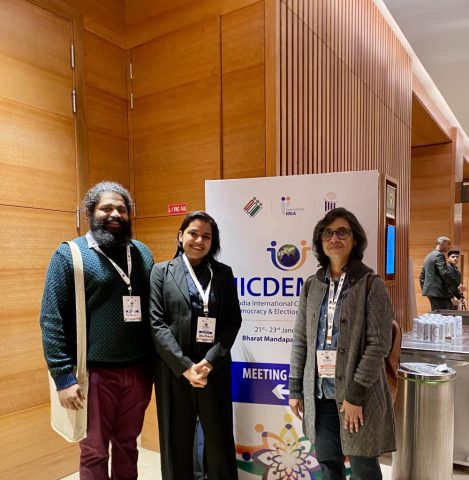
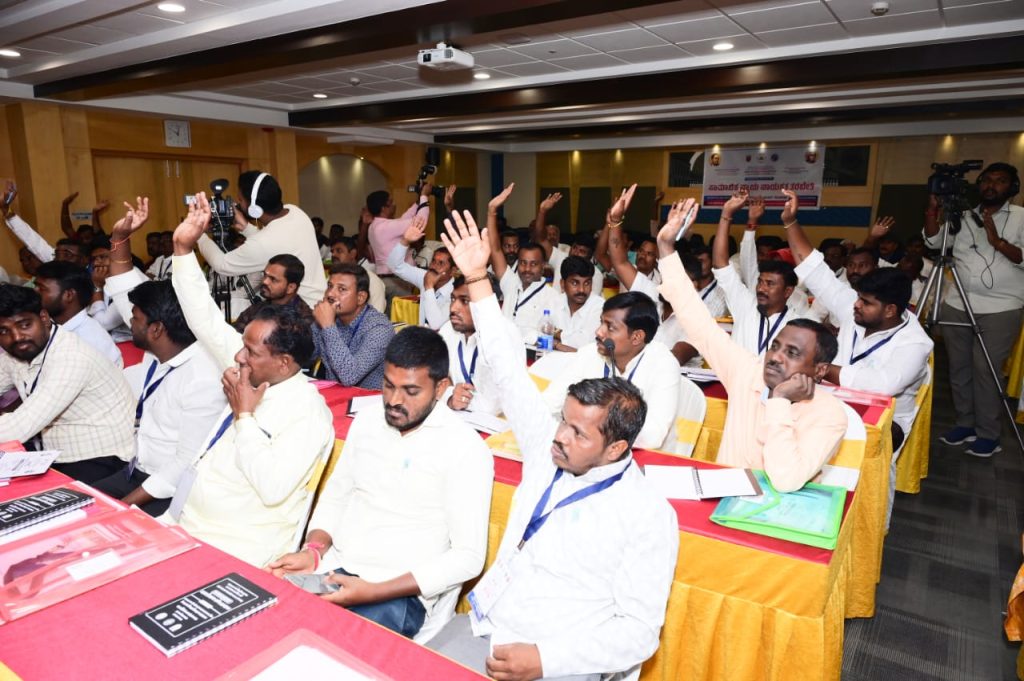 The Bhovi community in Karnataka continues to experience historical social exclusion, educational backwardness, economic vulnerability, and limited access to legal and constitutional awareness. Despite constitutional safeguards and multiple welfare legislations, the benefits of social justice laws and government schemes often fail to reach the community due to lack of awareness, legal literacy, and leadership capacity at the grassroots level.
The Bhovi community in Karnataka continues to experience historical social exclusion, educational backwardness, economic vulnerability, and limited access to legal and constitutional awareness. Despite constitutional safeguards and multiple welfare legislations, the benefits of social justice laws and government schemes often fail to reach the community due to lack of awareness, legal literacy, and leadership capacity at the grassroots level.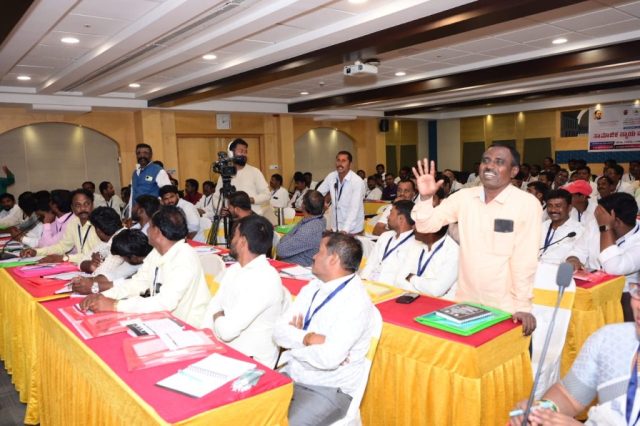
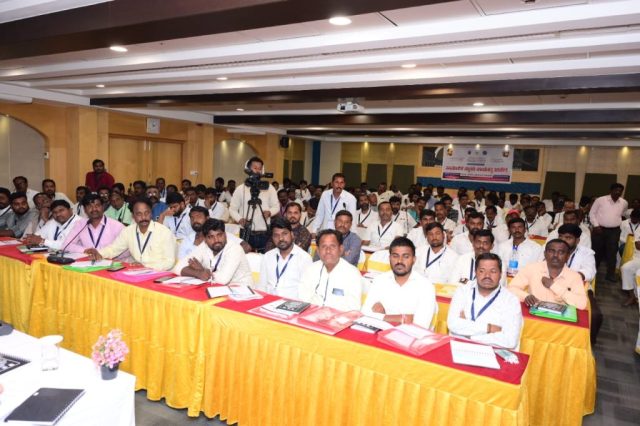
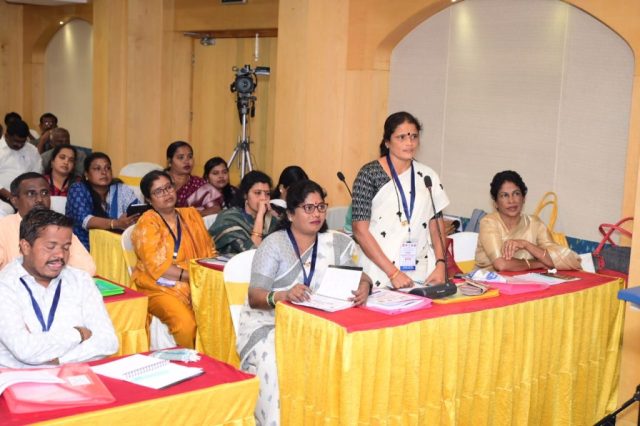
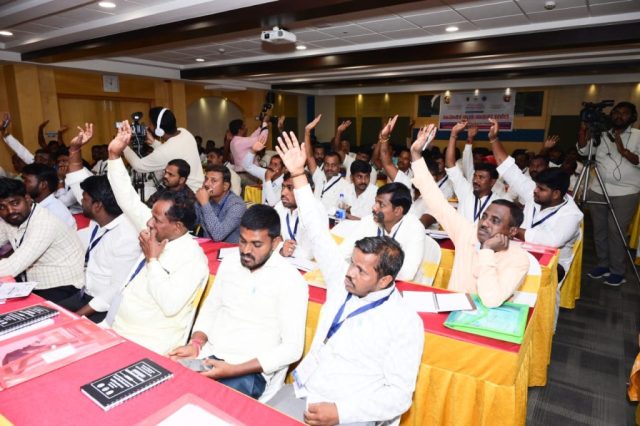
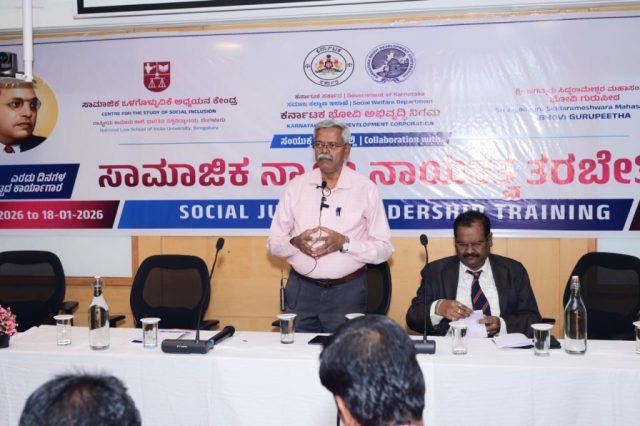
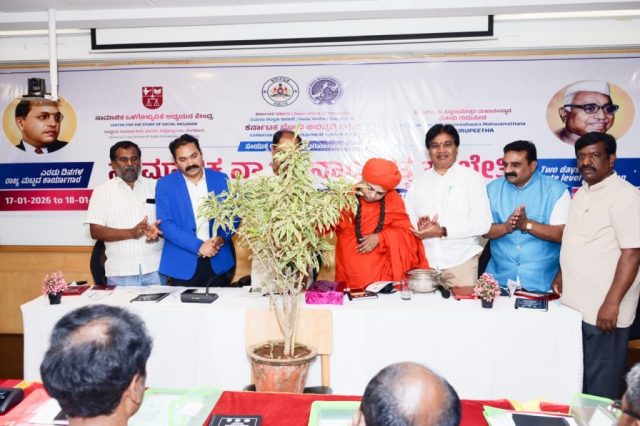
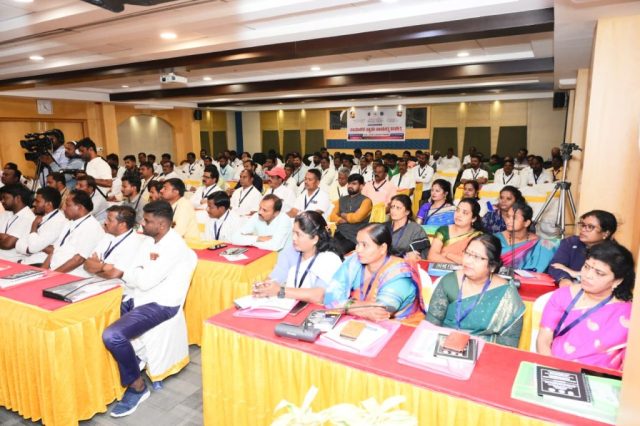
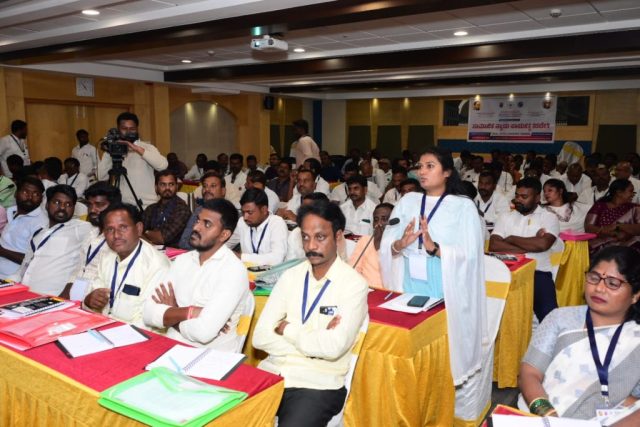
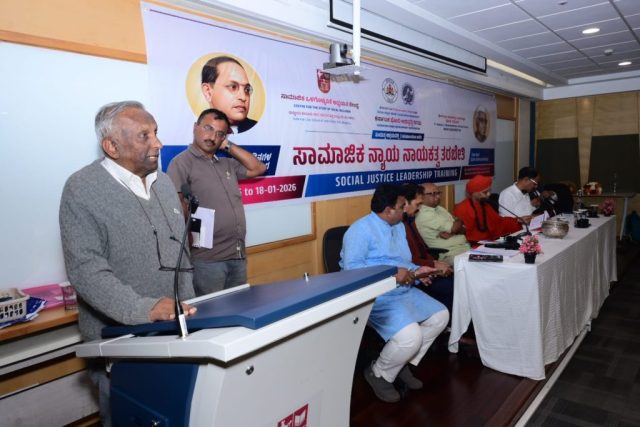
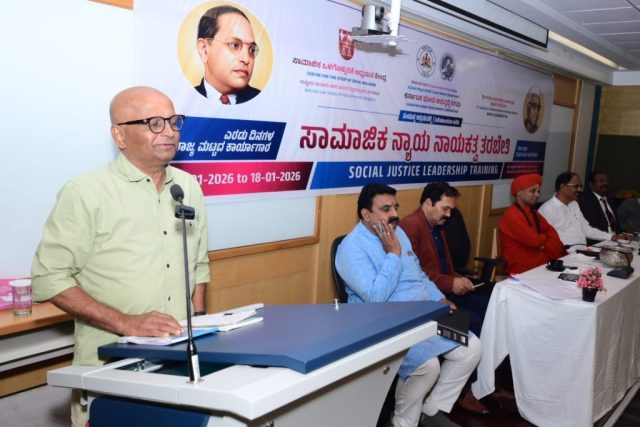
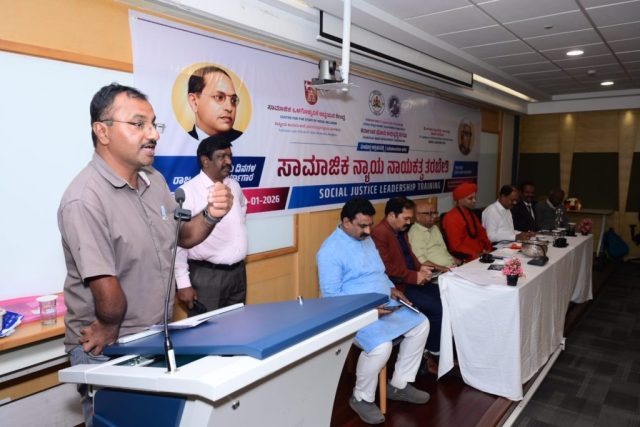
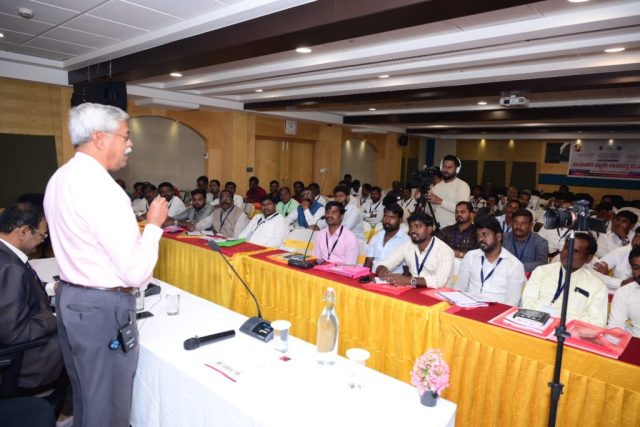
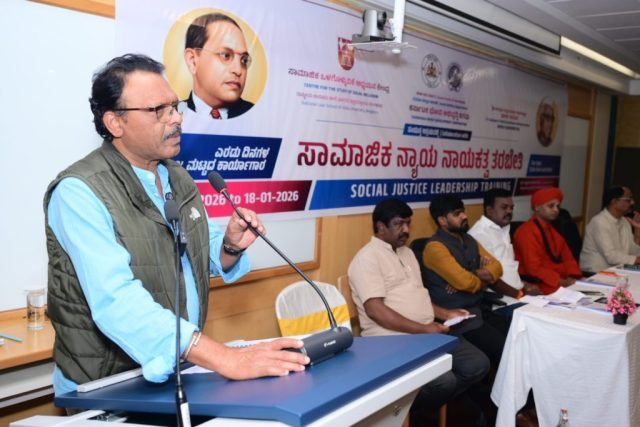
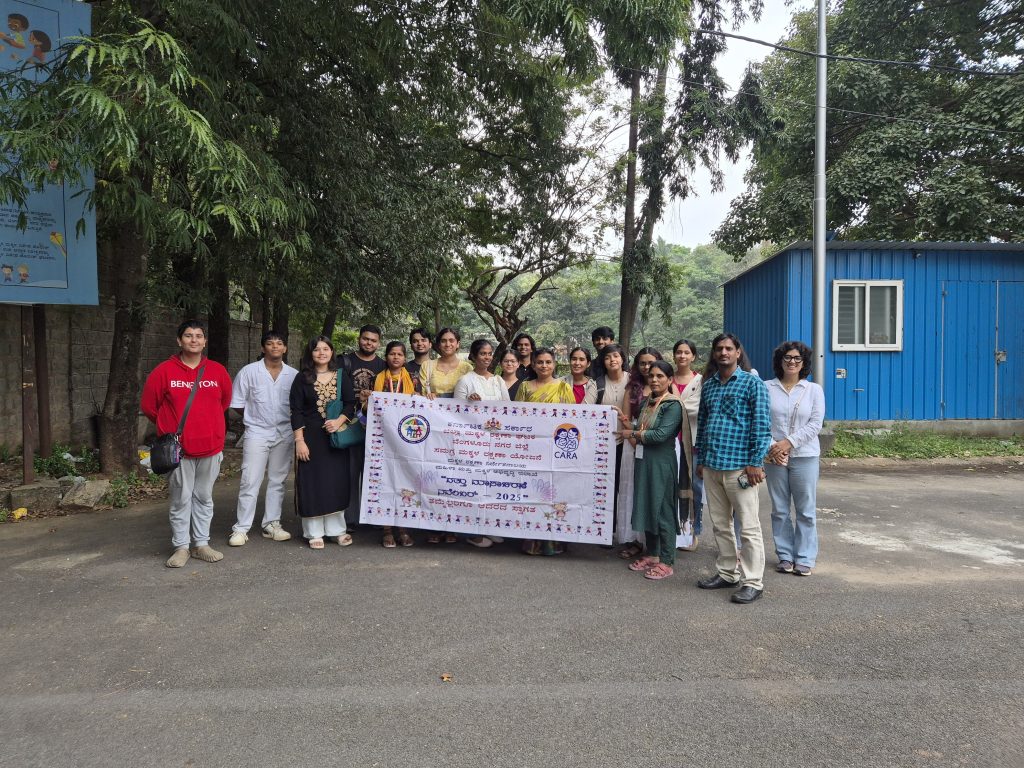 The
The 